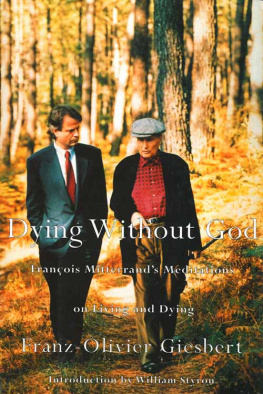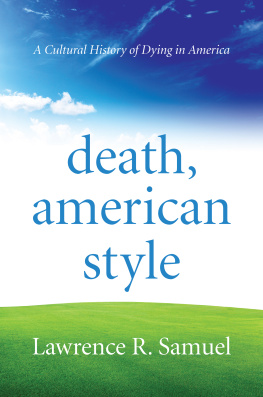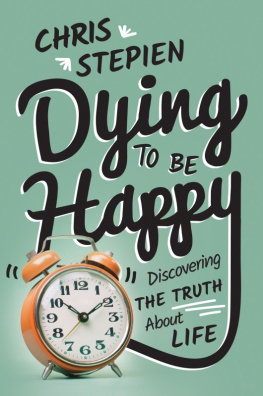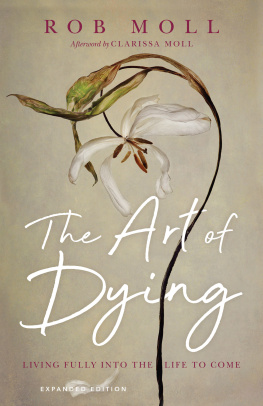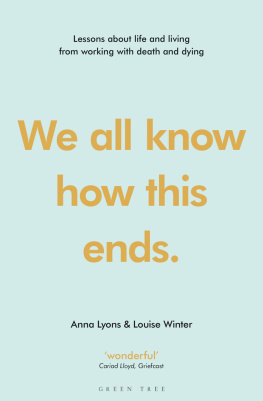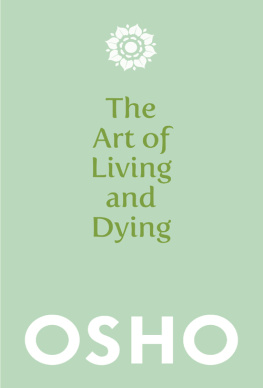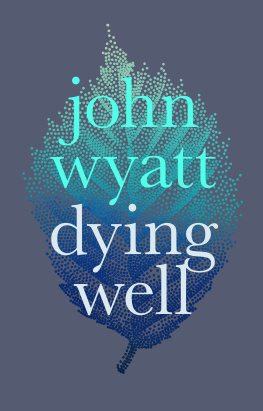Copyright 1996, 2012 by Editions Gallimard
English translation copyright 1998, 2012 by Arcade Publishing, Inc.
All Rights Reserved. No part of this book may be reproduced in any manner without the express written consent of the publisher, except in the case of brief excerpts in critical reviews or articles. All inquiries should be addressed to Arcade Publishing, 307 West 36th Street, 11th Floor, New York, NY 10018.
Arcade Publishing books may be purchased in bulk at special discounts for sales promotion, corporate gifts, fund-raising, or educational purposes. Special editions can also be created to specifications. For details, contact the Special Sales Department, Arcade Publishing, 307 West 36th Street, 11th Floor, New York, NY 10018 or .
Arcade Publishing is a registered trademark of Skyhorse Publishing, Inc., a Delaware corporation.
Visit our website at www.arcadepub.com.
10 9 8 7 6 5 4 3 2 1
Library of Congress Cataloging-in-Publication Data is available on file.
ISBN: 978-1-61145-668-4
For me, the obsession with death has nothing to do with a fear of death.
E. M. CIORAN
The fear of death is virtually meaningless. We need to have the humility to know that, in death, were in the company of countless others, and that death is the only certain destiny that awaits us all. Im not overly preoccupied with death but rather by the enormous question mark it represents. Is it nothingness? Thats possible. If its not, then what a great adventure lies ahead.
FRANOIS MITTERRAND
One autumn morning, as he was coming back from a walk, he felt Death lay a finger on a particular point of his stomach; Death pressed, and it hurt. His first reaction was one of violent fear, but at the same time a voice within him cried out, At last
He was a somewhat solemn man, who loved books and who, until now, had thought he was inured to suffering, but when he was faced with it he found that he was as hapless as a child. He knew full well that Death had to come and he had prepared a place in his life for it. Now that it was ensconced there, he forgot his maxims, his resolutions, and he realized that from this moment on to live was to learn how not to moan.
JULIEN GREEN,
THE VISIONARY
One day man enters old age as he would a large empty apartment at dusk. Through the window, he sees life passing by below, life enlarged by his memories and dreams, but henceforth he sees life only through that improbable and ghostly window. Then he too fades away and disguises himself as memory.
ALEXANDRE VIALETTE,
NO H IN NATALIE
INTRODUCTION
F RANZ-OLIVIER GIESBERTS ELOQUENT and moving chronicle of a great man facing death inevitably recalled to mind my own first encounter with Francois Mitterrand on a splendid day in May 1981, when he was refulgent with life and embarking upon his presidency I was one of a handful of foreign writers Arthur Miller and Carlos Fuentes were among the others invited to Mitterrands inaugural, and on the trip to Paris by Concorde I had been bemused by an article in Time that, among other personal details, alluded to the president elects indifference to the pleasures of the table. As has been so often the case, Time was off target. Sitting opposite Mitterrand at the Elyse during the first lunch of his presidency, I thought I had rarely seen a man in such pleasurable thrall to a meal, digging into the foie gras from his native Landes with obvious zest and plainly relishing the bellesdArgenteuil spears of voluptuous white asparagus that he conveyed to his mouth with his fingers. The menu Ive kept from that day indicates that one of the wines was a Chateau Talbot 1970, a great vintage that may have accounted for the flush on his face, although it was also plainly the flush of triumph. Fuentes, who had served as Mexicos ambassador to France and had been a friend and neighbor of the president, asked him how it felt to have won the prize. Mitterrands response was almost boyish as he shook his head and exclaimed, I still cant believe it!
The glow I felt that day, which I shared with the other writers, may have been connected with the impulse to look up to a leader for whom culture was an essential need. On a January day earlier in the year, Ronald Reagan had had his day of triumph, causing heartbreak and desolation among many of those who considered themselves civilized. Franz-Olivier Giesbert reports that years later Mitterrands judgment upon Reagan was scathing: The man was a nonentity. A complete nonentity. At the Elyse lunch the new president had not as yet met Reagan, whom he would regard as a dullard. Yet he may have been reflecting a chagrin commonly felt among intellectuals everywhere when he asked me, with a touch of amusement, How is it that your countrymen elected a master of ceremonies for president? He said hed seen a photograph of Reagan on a nightclub stage, introducing showgirls. This may have been impolitic of Mitterrand, placing me on the defensive, but I merely replied, Americans have always wanted a master of ceremonies in the White House. Neither Arthur Miller nor I, nor, to the best of my knowledge, any other writer had attended the Reagan inaugural, which had been crowded with entertainment figures and business tycoons. How incongruous it was, I thought, yet how heady, to be seated near a French president who had surrounded himself so enjoy ably with writers. And, as if to emphasize his concern for literature, he told Fuentes, who had inquired about his forthcoming agenda, that his first official act would be to grant French citizenship to two exiled novelists, the Czech-born Milan Kundera and Julio Cortzar of Argentina. Which in fact he did, that same afternoon.
I saw Mitterrand a number of times during his tenure, and always felt flattered and invigorated by the warmth of his greeting. Like most people I had no inkling of his illness, though the pain that Giesbert so harrowingly records during his last days must have already begun its inroads whenever I met him. He was always self-contained, imperturbable. And, bearing out the rather wistful yearning he expressed to Giesbert I would have liked to be a writer he spoke to me mostly of books and was endlessly inquisitive about the writing process. A year or so after the inaugural, when I was in Paris, he asked Norman Mailer and me to a small dinner at Le Train Bleu restaurant in the Gare de Lyon. A remark Mitterrand made to Giesbert concerning the best way to travel during political campaigns reminded me of my conversation with the president. Always remember to take along a book, he said, and one of the books he told me he had been immersed in during his campaign travels was the translation of Sophies Choice. He asked me numerous questions about the way I had put the book together he seemed fascinated by the autobiographical aspects of the story, and by the research I had done in Poland and our chat about my work continued for much of the meal until at last our attention turned to Mailer, who caused Mitterrand considerable merriment with his scheme to circumvent warfare: rent a remote island and there compel the leaders of the contending nations to hold a tourney, a joust, and work off their enmity like medieval knights.
I dined with Mitterrand on several occasions after that during his presidency: at the Elyse again, with Milan Kundera, and once memorably at the Reagan White House, of all places, where amid a throng of CEOs and Republican senators I found myself seated (at his behest, Im sure) not at some far satellite table but directly to his right, a placement that allowed us, after an exchange of knowing and conspirational looks, to talk all evening about Thomas Mann, Camus, and Victor Hugo. Giesbert tells us that Mitterrand had small acquaintance with American literature, and came to it late in life, and Im sure this is true; still, I was touched to read in a clipping from

